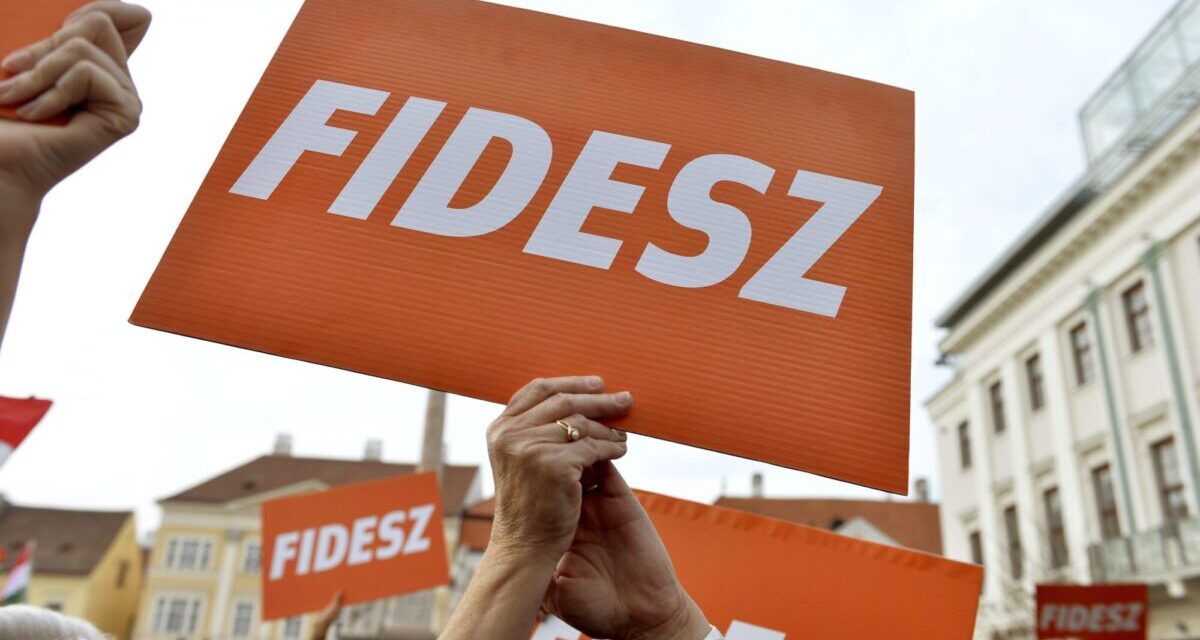Jobbik and MSZP, on the other hand, would not get a mandate either during a parliamentary or an EP election.
Fidesz-KDNP is leading stably, the left-wing opposition has further weakened, and the parties changing the opposition would enter the EU parliament - it was said at an event organized by five research institutes. The analysts also drew the conclusion that Gyurcsány's Democratic Coalition can be considered the leading force of the left, and that Jobbik and MSZP are on the verge of disappearing from the political spectrum.
Research roundtable - five months before the EP elections, the Fundamental Rights Center, the Viewpoint Institute, Real-PR 93., the Századvég Foundation and the Hungarian Social Researcher organized a joint research roundtable discussion, where they presented the results of their latest surveys.
Sámuel Ágoston Mráz, head of the Nézőpont Institute, dr. Ádám Stefkovics, research institute director of the Századvég Foundation, Erik Tóth, research director of the Fundamental Rights Center, András Bánki, head of Real-PR 93, and Gyula Juhász, research director of the Hungarian Social Research Institute gave a brief overview of the current support of the parties five months before the EP- before elections.
Fidesz still maintained its leading position, their support is around fifty percent. On the left, the Democratic Coalition is still the strongest party, whose support already accounts for almost half of the total popularity of the parties of the left coalition in 2022. However, the former left-wing alliance as a whole has significantly lost the support it experienced in the previous elections. A sign of the changing mood of the opposition is that the MKKP's expected result is around 8-11 percent, and Mi Hazánk's is around 7-10 percent, which means a parliamentary mandate for them. Jobbik and MSZP, on the other hand, would not get a mandate either during a parliamentary or an EP election.
Cover image: MTI Photo: Szilárd Koszticsák













